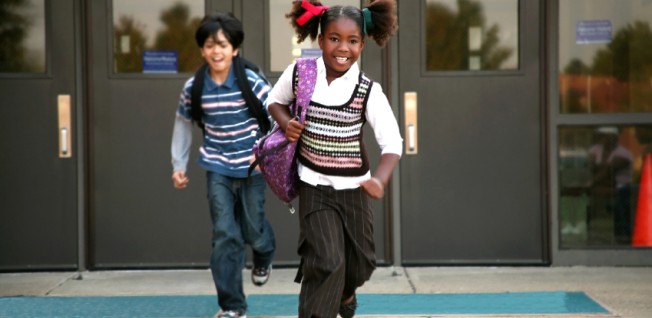
Moving abroad with your family?
International Education

Many parents measure the quality of their children’s education by their own personal standards. However, schooling options for international education may differ widely from what parents expect.
For expat parents and children, there are many educational options to choose from. Apart from the many local schools, bigger cities with a large expat community also have international schools or foreign national schools that follow a country-specific curriculum with international elements. However, not every type of school is suitable for your child, so be sure to choose wisely.
Essential Aspects to Consider
Before parents decide whether to place their child in a local school, an international school, or even a boarding school at home, there are different aspects of international education to consider. For instance, the ideal choice of school depends largely on the duration of the parents’ stay abroad and on the child’s language skills.
A long-term assignment may mean that your child has to learn the local language. When expat kids reach a certain age, they might need the help of a tutor or language teacher. Younger children, however, often need very little help to pick up a foreign language.
Of course, the international education of expat children also depends on the available schooling options as well as their parent’s budget. Private and boarding schools can be extremely expensive and many expats may not be able to afford them.
It is important to choose the type of international education which caters to children’s intellectual and cognitive needs and help them thrive in an academic environment. Some children may have extra physical needs as well. Local or public schools often do not offer all the support and facilities necessary for these children. In order to offer their children the best possible international education, parents should make sure that their school of choice fulfills all their requirements.
International and Local Schools
In local schools, both private and public, the language of instruction is that of the host country. Parents should be prepared for a much different curriculum than what they are used to at home. For younger children in particular, there may be no other choice. Some private schools may offer instruction in the local language to foreign students, as well as international curricula or diplomas.
The quality of education varies from country to country. Parents with older children should be especially cautious. It may be harder for these students to be accepted and keep track academically due to the language barrier. Moreover, academic qualifications are not necessarily transferable, and children may struggle to have their diploma recognized for admission to college/university later on.
For younger children however, receiving an international education at a local school may be the right and, in some cases, the only, choice. At an age when they pick up a language relatively quickly, it is often easier for children to immerse themselves in a foreign culture when they are surrounded by locals and a local school may be just right.


























